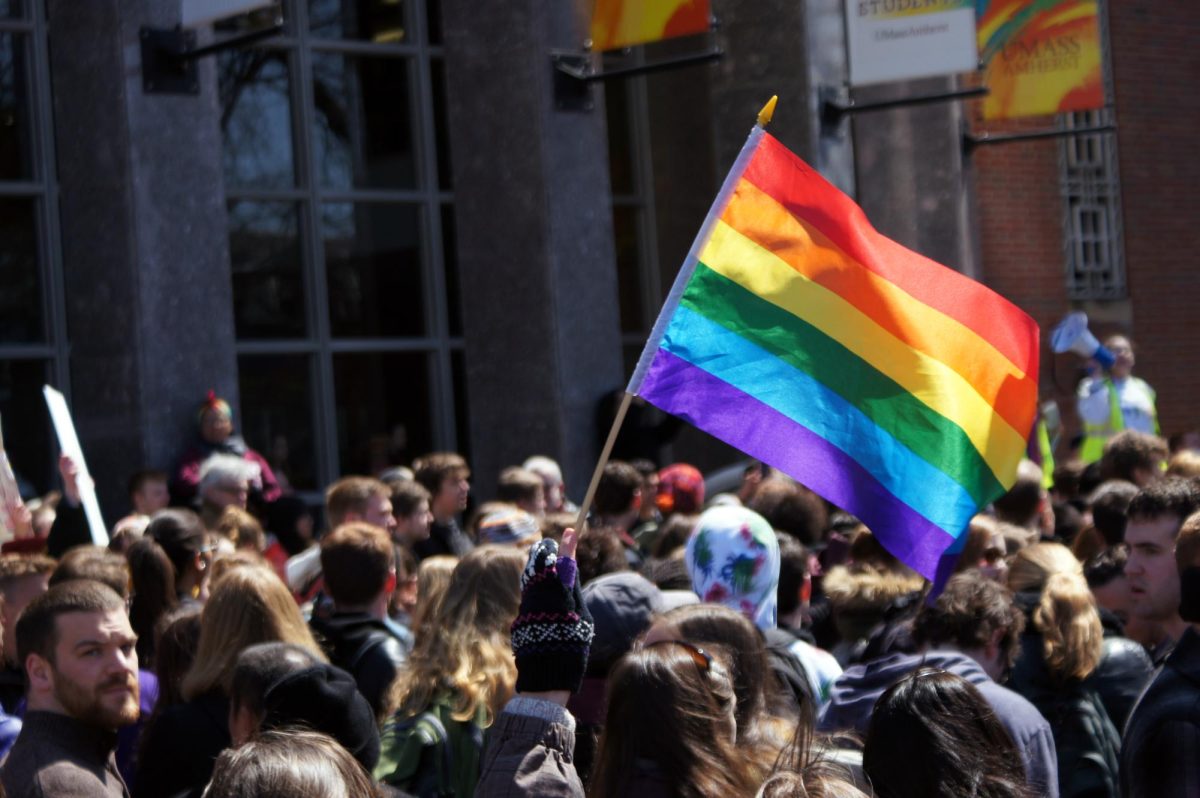On Jan. 10, 2018, William Keve wrote a Massachusetts Daily Collegian opinion article regarding an ongoing lawsuit concerning the University of Massachusetts’ policy on protests and free speech. I agree wholeheartedly with the points therein, and as an avid supporter of protests I wouldn’t consider broader free speech rights as a loss to anyone. That said—isn’t the injustice of these rules the point?
In a protest, or any activity regarding free speech, two things are usually present: a strong conviction with a desire to share it and the willingness to take a risk to show it. The latter can be small. It may mean taking on a stream of angry comments, but it could also mean doing jail time. From Vietnam anti-war protests to #MeToo, the biggest moments in the history of activism happen when someone is willing to sacrifice a part of themselves—their safety, privacy or standing—to serve the greater good.
Campus free speech doesn’t need to be that dramatic. For many issues, we can settle for sacrificing some homework or class time to go to a rally in front of the Student Union. These types of protests are absolutely necessary for habitual expression and promote a speaker-based approach to activism. I’ve never been to a rally where I didn’t learn something new or think critically about old ideas.
But not all protests are the type we pass through like tourists saunter by street performers in the city. There are times when students are willing to risk punishment for breaking the rules. (It isn’t called ‘civil disobedience’ for nothing!) I don’t believe in excessive enforcement of arbitrary policies, but if there isn’t a rule about it, what’s the risk? What separates a person marching passionately for a cause from someone riling up a crowd as a joke? These menial rules raise the bar for the passion required to enact larger-scale protests.
Besides, it would be awkward for the University to explicitly ‘allow’ free-for-all protest rights even if such a vision is correct. Institutions are naturally defensive entities. They don’t have any reason to encourage behaviors they don’t have control of, and when there’s trouble they want to have the response planned down to a science. Just look at the way the University braces itself before sports gatherings and the “Blarney Blowout.” I don’t want to perpetuate the myth of protests being inherently violent or equivalent to riots, but the school will inevitably look at any large gathering as a potential risk factor regardless of how we act.
Most of the time, it seems that if members of ‘risky’ protests are responsible—as in, don’t cause major disruption or damage—they probably won’t try to punish every student who got involved. To think, our University just gave the green light for school applicants to walk out of school—will the University really stifle every single violation, no matter how passionate or educational the protest is?
In my eyes, Keve did exactly what an activist should do when he was faced with these rules: “[my organization] did schedule our rallies with the University in advance, but we blatantly violated the time limit and didn’t constrain our work to the pavement in front of the Student Union.” And there’s that risk—they believed their movement was worth facing potential discipline for and took that opportunity to push the envelope. Do they deserve punishment? No, but it’s part of the deal, isn’t it?
A few points of clarification: first, I am not advocating for serious breaches of UMass policy. I am not here to condone destruction of property or assault—policies of that nature have to do with all public behavior. I speak only of policies regulating the times, locations and nature of protests. Second, I am fully aware that the enforcement of these rules could theoretically be subject to prejudice or unequal enforcement. I can’t argue with this point, and I think it’s fair to include this concern in the discussion.
So should these vague and inconvenient rules be shot down for being too restrictive? I remain ambivalent. If they are removed, perhaps more people will feel inclined to speak out across all political and social interests. But if they aren’t, activists will continue to overlook them at times of great necessity. And that’s fine, so long as the University acts responsibly in its enforcement of those rules.
James Mazarakis is a Collegian columnist and can be reached at [email protected].




















John Aimo • Mar 19, 2018 at 2:54 am
Writing a column, filing a lawsuit is weak, it is the epitome of weakness.
In my life I break the rules all the time or ignore them, I don’t ask the permission of my parents, my employer or the university.
If you want to have a protest just do it, if students who wanted to protest constantly protested, protested when they wanted to or against the policy. The university would be able to do nothing and in fact probably change the policy. As long as you implicitly ask the permission of the university to change the policy, plea with them, try to reason with them, etc . Nothing will happen.